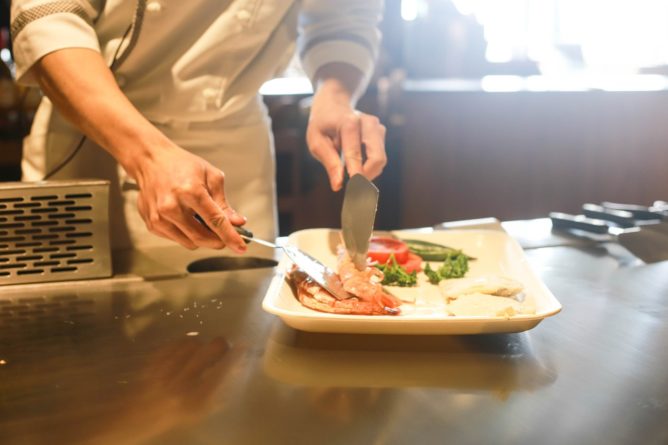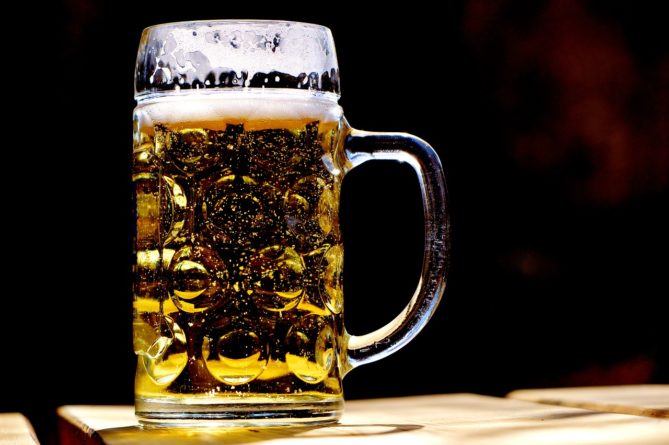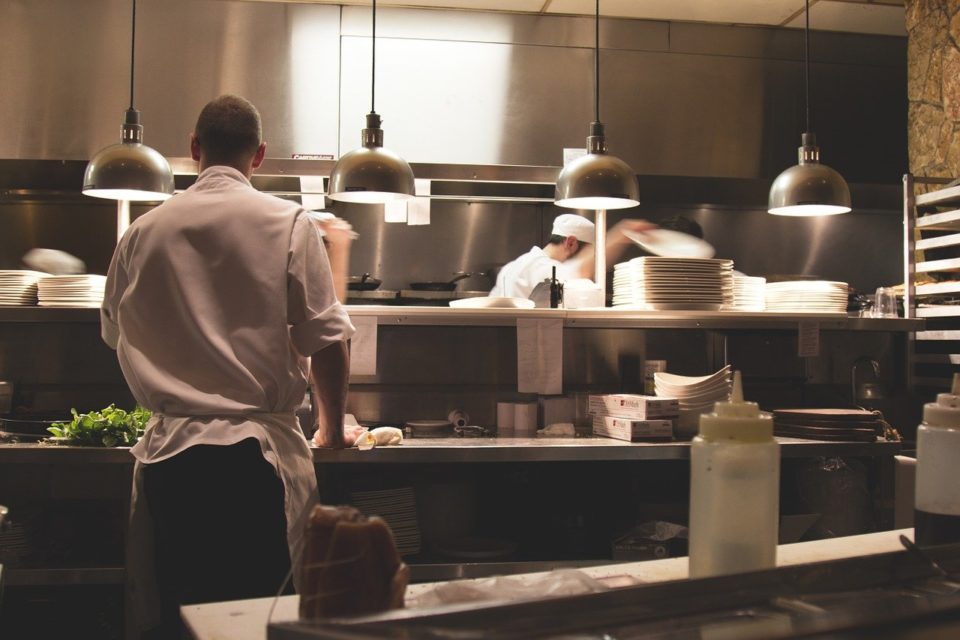With the advance of vaccination and the flexibility of the flag in some states, including Paraná, new business trends are emerging to attract customers to gastronomy, which – still concerned about the effects of the pandemic – has delivery and delivery of food in the counter on the rise.
According to data from Stock Apps , the global online food delivery market is expected to reach $151.5 billion in revenue and 1.6 billion users by the end of 2021, with growth of 10% in one year period. According to Rogério Gobbi, academic director and responsible for gastronomy courses at the European Center , the restaurants are already preparing for this type of service. “Many companies related to gastronomy have sought to adapt to these formats that were not part of their offerings before. They are here to stay and must undergo a process of improvements in service, in the adaptation of dishes, in logistics, in the form of delivery and especially in the improvement and technology of packaging”.
Another reality and trend that emerged during the pandemic was shared kitchens for food production. “We saw the rise of ‘ cloud foods ‘, the sharing of spaces for gastronomic production, mostly to serve delivery systems. Many entrepreneurs who were unable to maintain their kitchen structures, adapted these spaces to serve and share with a series of gastronomic segments,” stated Gobbi.

Researches
The Taste Tomorrow survey , carried out by the Ipsos Institute, points out the main consumer demands in the gastronomic area and, among them, are: more flavor, freshness and texture, even in purchases via apps; healthy eating; transparent packaging, personalization of dishes and dishes aligned with personal purposes.
And the menus? In the near future everyone must digital. “I dare say that, soon, printed menus will no longer exist even in face-to-face service, as people want to avoid touching or sharing objects and there is already technology available for this, with QR Codes, for example”.
We also have a trend towards a significant reduction in the number of guests and participants in events, birthdays, weddings and graduations – as authorized by the health authorities.
In addition, the service at home, with chefs at home , should come back in great demand. “People tend to opt for safety, without having to move and expose themselves to risks, receiving events at home and redeeming the gastronomic services offered in this modality”. Restaurants with open spaces should also be preferred by the public.
HEALTHY FOOD
18% of the Brazilian population already considers themselves vegetarian, according to a survey carried out by IBOPE. The trend is for this number to grow more and more. “The period of isolation allowed many people to seek information on ways to help – with food – the body take care of immunity. The vegan and vegetarian trend, with the replacement of animal protein should be even greater,” said Rogério.
NEW FORMS OF SERVICE
Chef Piu José, a professor at the European Center and entrepreneur, had to reinvent himself during the pandemic and created the Baldória brewery, within his event space, where he also serves Brazilian cuisine. “We have developed a varied and harmonized menu with drinks, which ranges from tartine, appetizers, fire ribs – to more noble and elaborate dishes,” he said.
BEER OF THE FUTURE
Alcohol-free and gluten-free beer is a trend in the market, creating a healthy drink. “We thought of bringing a beer that can be carbohydrate replacement, post-workout, not completely alcohol-free, but with very low rates,” said the chef.
The process for distilling – taking the alcohol out of the beer – increases the cost of producing the craft drink, requiring more capital. An example is the investment made in the Heineken factory, in Paraná, for Heineken zero alcohol, which reached R$ 865 million.

QUALIFIED LABOR
The capital has qualified labor for the reopening of the restaurants. “Many of the enterprises maintained, through agreements, their employees, especially those in more important positions such as chefs. We see a very positive movement that should be valued in the gastronomy area. Many entrepreneurs are innovating and creating new spaces, even in the face of the crisis,” said the academic director and responsible for the gastronomy courses at the European Center.
COURSE OF GASTRONOMY OF THE EUROPEAN CENTER
The European Center’s gastronomy school offers specializations in different areas of cuisine. Among them: Chef Gourmet, Chef de Cuisine – Restaurateur, Sommelier, Cake Design, Cuisine Sainté, Pâtisserie, Boulangerie and Beer Sommelier.
To learn more, visit the website: centroeuropeu.com.br



